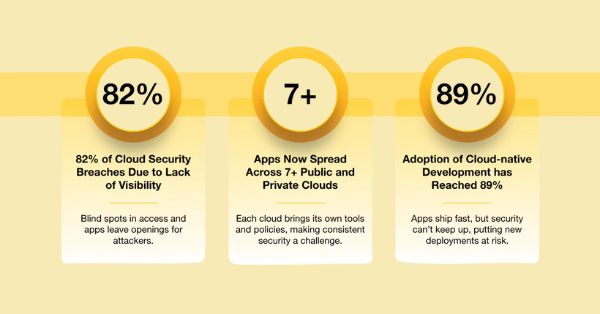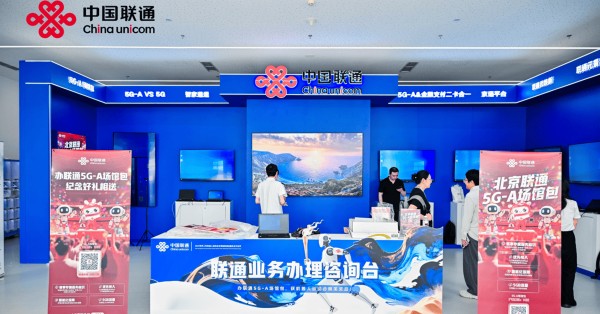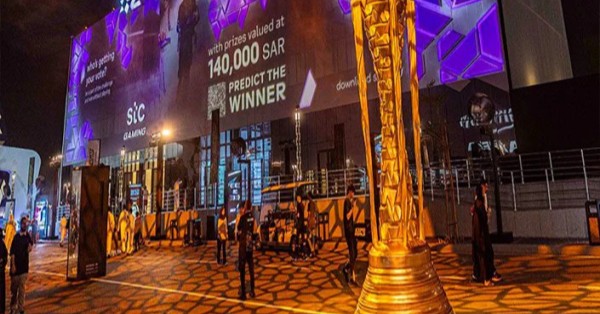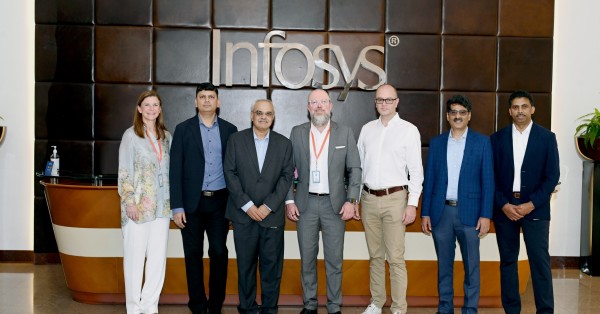Private Networks Enhance Onsite Payment and Access at High-Traffic Venues
Nokia, Digita, and event tech firm CoreGo have teamed up to improve network performance and customer experience at large-scale events across Finland and beyond. Leveraging Private Networks and Edge Computing, the collaboration focuses on delivering secure, high-speed data services for real-time operations like payments, access control, and ticket scanning.
The partnership uses Nokia’s Digital Automation Cloud (DAC) platform, a private wireless solution that supports fast, uninterrupted connectivity. Installed and maintained by Digita, the solution enables mobile and scalable deployments—helping event organizers manage onsite systems efficiently, regardless of venue size or location.
Real-Time Payments and Data Security Powered by 5G Networks
The integration of CoreGo’s point-of-sale (POS) technology with Nokia’s DAC private wireless network provides consistent and real-time connectivity. This is essential for services like inventory tracking, secure payments, and access control. With support from Private 5G, the system ensures reliability, scalability, and data security—key components for modern, tech-enabled event operations.
Deployed at both Finnish and international venues, this solution has already served more than 2 million event attendees over the past two years, according to the companies involved.
Improving Customer and Staff Experience Through Real-Time Insights
Private wireless solutions are becoming critical for live events where uptime and responsiveness are non-negotiable. With Private Networks, organizers can enable advanced features like digital signage, geo-location services, and real-time data analytics. This also supports better communication for staff and interactive fan engagement.
“Our aim is to improve both the visitor experience and the efficiency of event operations,” said Hannu Elomaa, CEO and Founder of CoreGo. “Working with trusted partners like Nokia and Digita helps us deliver real-time awareness and high-performance access control and payment tools.”
Driving Event Tech Innovation Across the Nordics with Private 5G
Digita sees this collaboration as part of its broader strategy to expand its role in delivering enterprise-grade private 5G services across the Nordics. “We’re proud that CoreGo has chosen us to support event deployments in Finland and internationally,” said Pekka Koskinen, Head of Sales for Private Networks at Digita. “Nokia’s technology ensures dependable and efficient data transfer under the most demanding conditions.”
Private 5G and Edge Capabilities Reshape Event Connectivity
According to Michael Aspinall, Head of Sales, Enterprise Campus Edge, Europe at Nokia, “Private 5G networks, combined with robust Edge cloud capabilities, are redefining the visitor journey—from the moment a ticket is purchased to post-event services. Our successful projects with Digita and CoreGo show how dependable 5G can be for large-scale event environments.”
About the Companies
Nokia: Nokia is a global Telecom and B2B technology leader, known for building open, scalable networks that integrate across mobile, fixed, and Telco Cloud environments. Through Nokia Bell Labs, the company invests in long-term research that drives future innovation in AI, networking, and communications.
Digita: Digita operates Finland’s leading terrestrial TV and radio infrastructure and is a major provider of Private Networks, IoT, and Data Center solutions. The company also offers indoor coverage and infrastructure services across sectors including media, industry, and real estate.
CoreGo: CoreGo specializes in tech solutions for events and venues, with a focus on seamless Payment Solutions, access control, and high-availability networking. Their expertise lies in blending robust infrastructure with intuitive tools that enhance the experience for event visitors, staff, and organizers alike.































